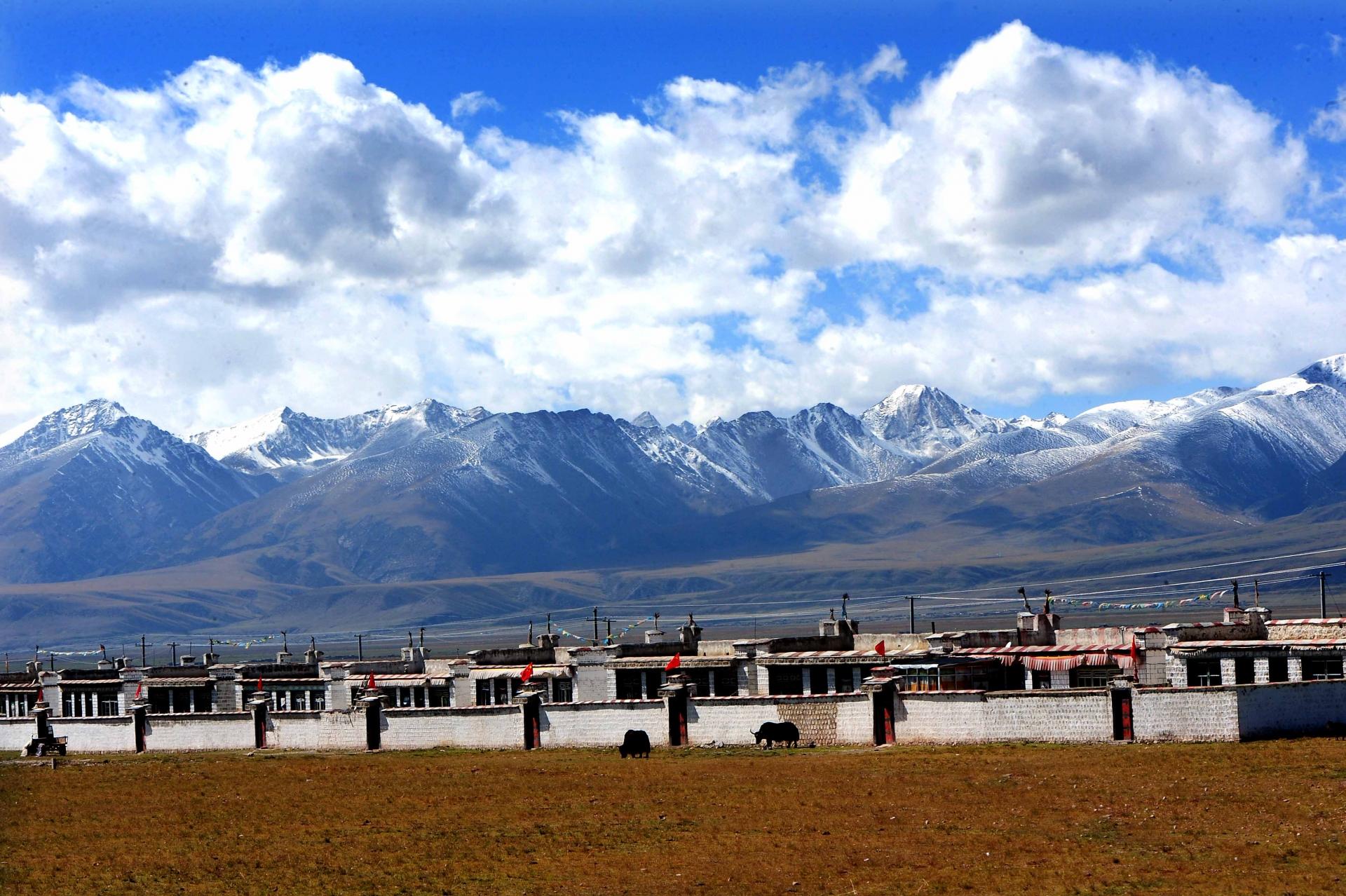LHASA, Sept. 1 (Xinhua) -- Southwest China's Tibet Autonomous Region started levying deed tax on Wednesday, another sign of the region's economic progress as well as development of the land and real estate markets.
Under China's preferential policy, individuals buying the only home of the family in the region should pay one percent of the home price as deed tax if the property measures 90 square meters or less. The tax rate will be 1.5 percent if the property is larger than 90 square meters.
For those who buy a second home of the family, the deed tax rate will be one percent if the new property measures less than 90 square meters, and two percent if it is larger.
China enacted a regulation on deed tax collection in 1997. However, the country then did not implement the regulation in Tibet to reduce the tax burden of local market entities and residents in the less developed region, Yin Yaoshan, deputy director of the regional department of finance, said last week.
With stable and healthy economic development of Tibet in recent years, the land and real estate markets in the region have become increasingly active. Therefore, the regional government decided to impose deed tax from Wednesday.
Tibet has witnessed sustained and rapid socioeconomic development since its peaceful liberation 70 years ago, with the regional GDP soaring past 190 billion yuan (about 29.3 billion U.S. dollars) in 2020 from 129 million yuan in 1951. Enditem




 A single purchase
A single purchase









